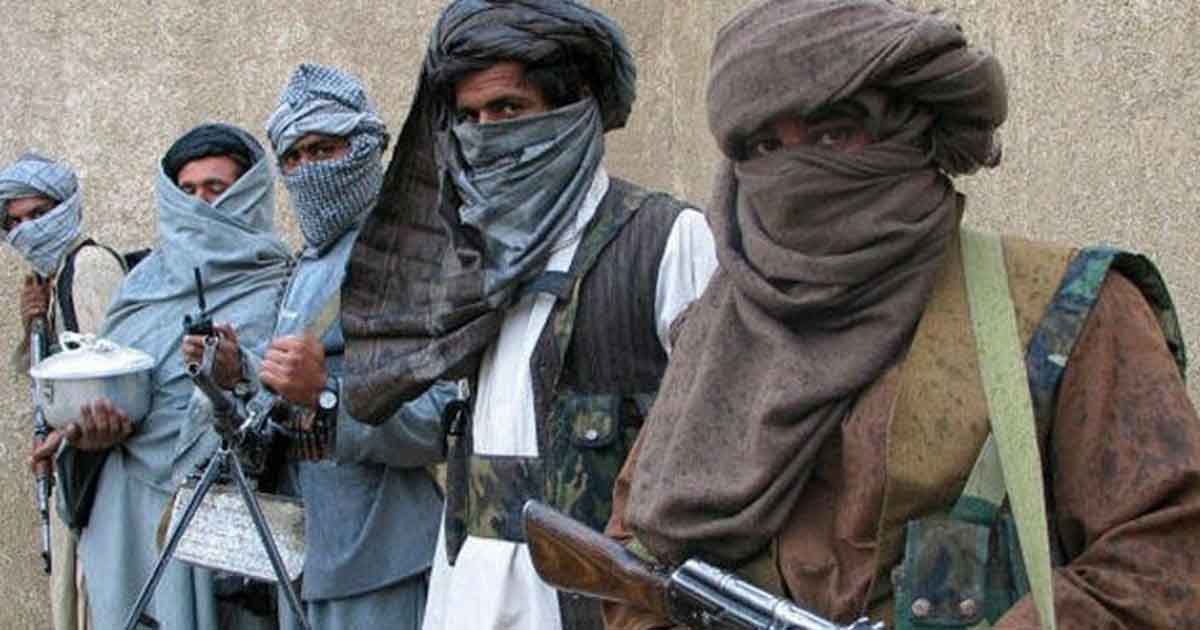
Zafar Iqbal Yousafzai
Since the Taliban takeover in Afghanistan in 2021, TTP attacks saw a disturbing increase in frequency. The Taliban seem reluctant to take action against the TTP, leading to the TTP’s alignment with Al-Qaeda emerging as a serious threat to the region in general, and Pakistan in particular. The TTP officially amended its manifesto and ruled out appeals for ‘great jihad in Afghanistan’ and support for Al-Qaeda’s plan for global Jihad, as written about by Abdul Sayed in The Evolution and Future of the Tehrik-i-Taliban Pakistan. However, according to subsequent reports and analysis by the Middle East Institute, publicly distancing from Al-Qaeda by the TTP and the Taliban seems to be a ploy to avoid getting into trouble with the U.S. and seems to be the rationale for the TTP downplaying international Jihadist ambitions, as written by Amira Jadoon in South Asian Voices.
After the U.S. exit from Afghanistan, Al-Qaeda affirmed that the war with the U.S. was not over. Verifying Al-Qaeda’s claims — The Guardian, citing a United Nations report — confirmed that Al-Qaeda’s presence in Afghanistan enjoys ‘greater freedom of operation’. Peter Bergen, author and CNN expert on terrorism and Al-Qaeda, perceives the threat as genuine based on his analysis that the Afghan Taliban, the TTP, and Al-Qaeda have drawn close over aligned goals and ideologies.
The TTP’s primary political objective aligned with Al-Qaeda is enhancement of its domestic influence and extension of support and influence beyond borders. The group seeks out and enjoys support from Pashtun tribesmen, extremist-leaning seminaries, Islamist political parties, and various jihadi groups. TTP also aims for legitimacy by aligning with the Afghan Jihad and elevating itself ideologically above the identities of sub-groups like Jaish-e-Mohammed and the Lashkar-e-Taiba.
For that purpose, TTP garnered support from al-Qaeda by facilitating its spillover in Pakistan and by launching attacks on behalf of and in cooperation with Al-Qaeda — such as the case of the assassination of anti-Al-Qaeda politicians, the attempt to bomb New York City in 2010, and the attack near Khost (Afghanistan) on the Central Intelligence Agency base in 2019.
Al-Qaeda has had a profound influence on the TTP’s course of action. In April 2021, The Diplomat reported that even the change of strategy in the TTP’s course of action was directed by Al-Qaeda. Due to the leadership vacuum created after the elimination of TTP leaders Baitullah Mehsud and Hakimullah Mehsud, TTP realized the liability of aligning with Al-Qaeda; nevertheless, it remained in a confidential relationship with Al-Qaeda based on multiple reports from the U.N. and regional experts writing for The Diplomat. A U.N. report published in February 2021 revealed that Al-Qaeda even moderated the TTP’s reintegration of splinter groups.
The United States Institute of Peace stated in a report that the TTP’s resurgence provides more significant space and more options to Al-Qaeda for its operations in alignment with the Afghan Taliban for reviving and extending the network. In April 2021, a proclamation of confidence in the TTP was made by Al-Qaeda indicated a resurging threat nexus for the international community — mainly concerning the U.S.-led ‘War on Terror’.
This alliance has serious implications that need to be dealt with. The Taliban government in Afghanistan is still assessing its strategy because in the present state of multiple crises in Afghanistan on humanitarian, economic, governance, security issues as well as legitimacy on the international front, restrict the Taliban’s autonomy in decision-making and sap their will for protracted engagement with these groups. In this scenario, Pakistan will need to tackle this issue through an array of angles and approaches as mapped out in the National Action Plan —considering all levels of engagements.
Zafar Iqbal Yousafzai is a Researcher at the Centre for Aerospace and Security Studies (CASS), Lahore, Pakistan. He can be reached at casslahore@gmail.com.
